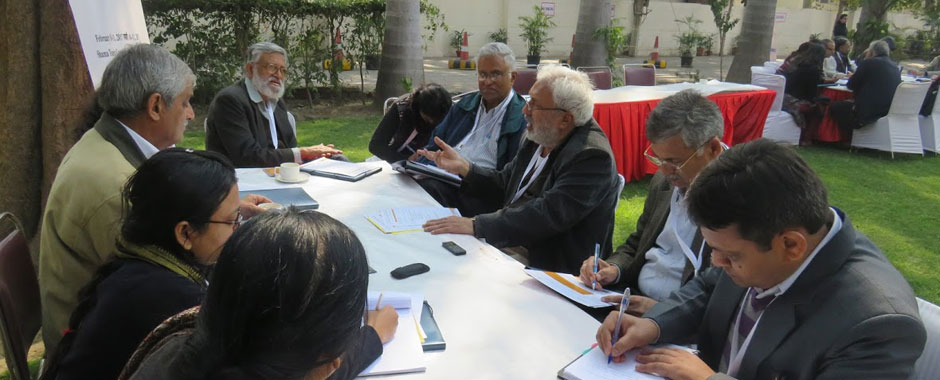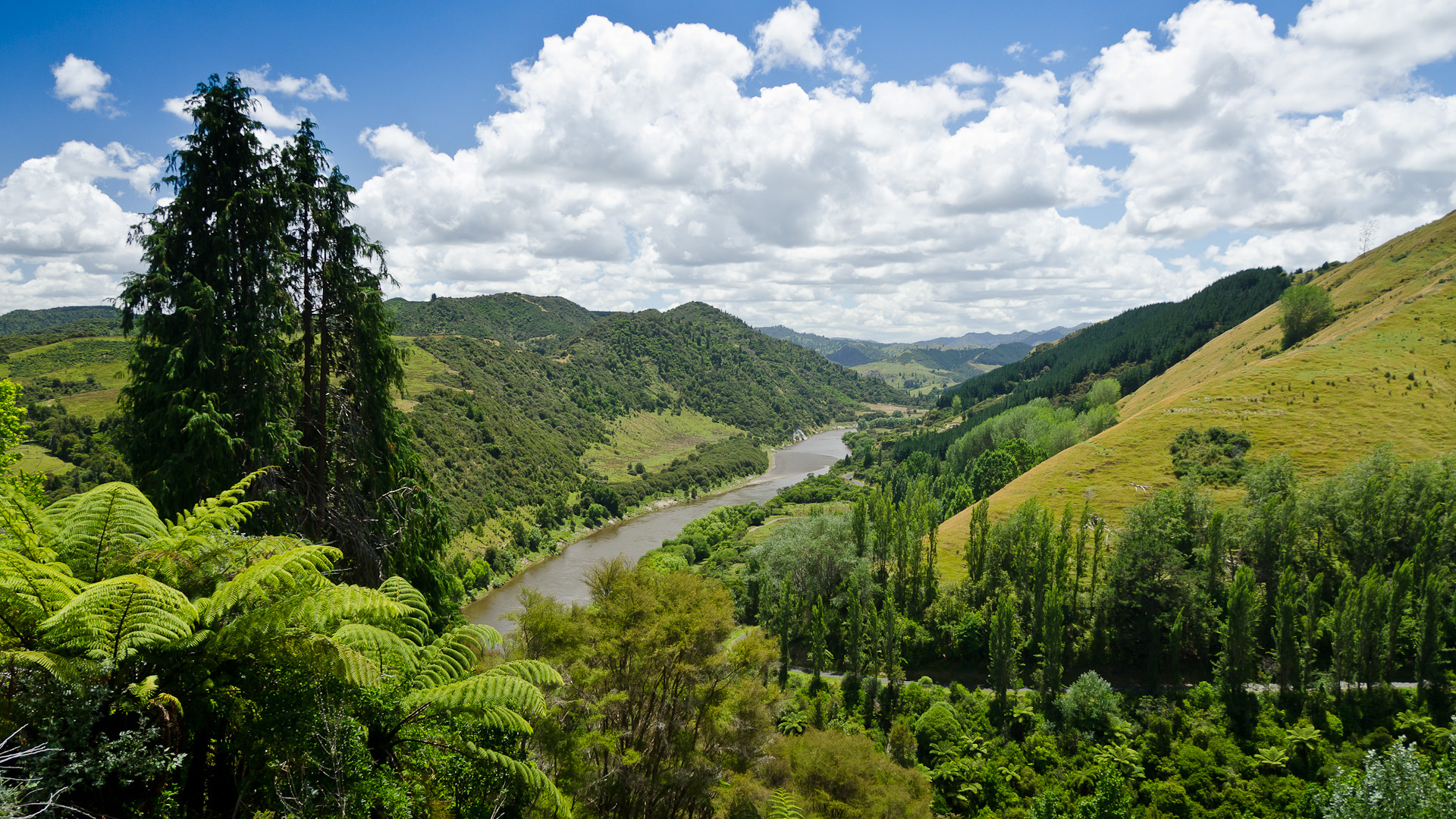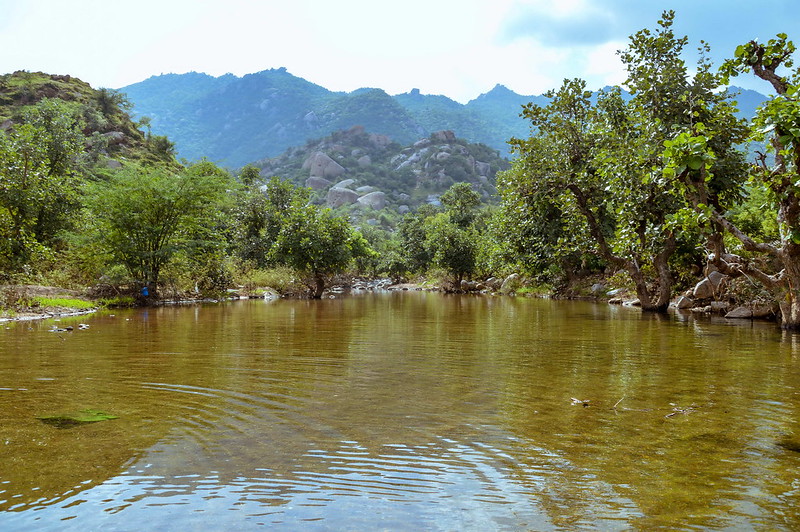In the midst of a climate emergency, we are reminded that billions of people don’t have access to the safe water and sanitation they need. To accelerate change, we need more action. For this year’s World Water Day, we’re asked three members of our team to select their top stories of rapid transition that give evidence-based hope in the face of the water and sanitation crisis.
1. S**t matters – how the Covid-19 crisis reveals both progress and the challenge of universal sanitation

“Even without the climate emergency, this story is a reminder that basic sanitation can never be taken for granted, and safe water is still a mirage for millions. We have to tackle the climate crisis in ways that simultaneously address meeting needs for access to basic services. The good news is that it is possible to do so, and by choosing that approach multiple problems can be solved at the same time.”
– Andrew Simms, Co-founder of the Alliance
2. Turning the tide of water privatization – the rise of the new municipal movement

“Water is at the heart of the climate emergency and the climate emergency has been described as the greatest market failure ever seen. Achieving rapid and just transitions is a challenge of managing both global and local commons, and placing public goods and life support systems at the mercy of selfish, short term markets is a recipe for disaster. This story makes the point that choosing what should be considered a public good rather than private property – where to draw that line – is a matter of life and death, a question of collective survival.”
– Andrew Simms, Co-founder of the Alliance
3. Working with stakeholders essential to Gurugram’s water supply

“Amid rapid and uncontrolled urbanisation with devastating environmental impacts, this story shows the importance of process: making sure excluded social and economic groups have a say over development pathways. The water forum and T-Lab (Transformation Lab) involving research, workshops and public engagement shows how citizen participation can help to unblock complex and seemingly intractable problems and find alternative ecologically sound and socially just solutions.”
– Peter Newell, Co-founder of the Alliance
4. The rise of the rights of nature

“In the struggle to balance human needs with planetary boundaries, nature is losing out bigtime – and yet we rely entirely on other organisms for clean water, from microbes to beavers. One step in the right direction is to use the law in innovative ways that help level the playing field in the human versus the rest of nature war. On March 20th, 2017, the New Zealand government passed legislation recognizing the Whanganui River as holding rights and responsibilities equivalent to a person. The river – or those acting for it – will now be able to sue for its own protection under the law. This story encapsulates how a just and rapid transition for all peoples and all of nature might come about – to the benefit of us all.”
– Nicky Saunter, Researcher for the Alliance
5. Nature and local democracy – how a River Parliament shows what community control can do

“This tale of farmers in northern India coming together to nurture and care for the water source upon which they depend is inspiring and has already been replicated in other places in India. By using low-tech and local knowledge, the community showed that collaboration and a change in mindset is often the key to believing that things can change for the better. This story portrays evidence-based hope in action.”
– Nicky Saunter, Researcher for the Alliance


